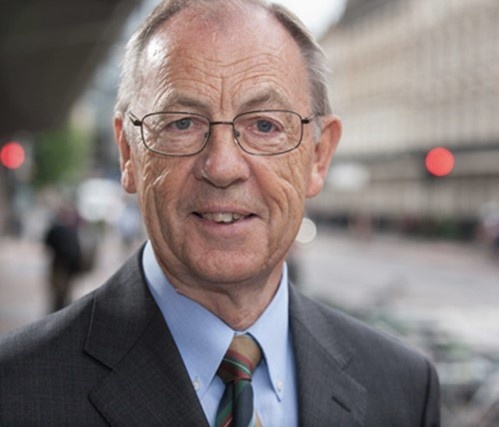This was the argument of Professor David Guest, from Kings College London who spoke recently to a group of HR Directors at a joint Trevor-Roberts/Griffith Business School event. Professor Guest gave three pieces of evidence to back this.
- Job Tenure has not shortened.
A surprising statistic is that job tenure (length of time in one company) over the past 30 years in the OECD had hardly changed. This means that, on average, people are working in one company for about the same length of time as they did 30 years ago.
- Working for yourself does not make you more satisfied
Research has also shown that those with a "boundary-less career orientation", that is a propensity and desire to work across multiple roles and organisations simultaneously, were less satisfied in their career than those who did not have such an orientation. In other words, the free-wheeling, gig-economy, work-for-yourself dream that is sold through the popular media may not be so great after all.
- Graduates want career management
Graduates are retained when they are offered a series of career experiences that built their capability. In a research project that explored the first ten years of work after graduating, the most important element was that people felt a sense of control about their future. Most common was to gather their input through effective career conversations about what development experiences they were interested in.
Professor Guest shared insight from a new research from the UK which investigated the key practices that kept people employed with you. The research identified five practices that had the most impact.
Strong Values
First, all the organisations they researched had a set of strong values and embedded these into everything they did. In particular, the companies recruited for values and then reinforced the values through leadership and HR practices.
Total Reward
Second, organisations emphasised total reward which is more than just pay. These companies paid at or slightly above the median to take the question of pay out of the equation. They focussed on the total set of rewards that a person receives for working, especially intangible rewards. In particular they offered fewer financial incentives and focussed more on flexible rewards.
Being the best company to work for
More than just paying lip service, these companies actively worked to minimise the 4 things that make people quit: (i) overwhelming workloads; (ii) poor management, particularly where values are not reflected; (iii) lack of management development; and (iv) lack of an attractive career future.
Recognition
We perhaps aren't paying enough attention to recognition (excuse the irony) which negatively impacts on employee engagement. Recognising people for their efforts is a hallmark of good leadership. However a culture of recognition, that is where recognition activities are embedded into the day-to-day happenings of the organisation is more powerful.
Workforce Planning
Workforce planning especially includes the strategy of job crafting where an individual has the opportunity to be involved in the design of their job to develop their skills. This is called Job-Crafting.
In summary, Professor Guest concluded by highlighting the importance of good HR practices, especially in line management. He also discussed the importance of organisational and job-embeddedness, that is the close fit of a person with their role so that they feel that they would lose too much if they were to leave. Organisational commitment was also a key message which means keeping promises, particularly from leaders. While this may sound simple, the importance of doing what you say you will do cannot be overestimated.
Finally, he emphasised the importance of career development to foster employability. People want to know that they are employable and their skills are current in the external market. However, because of organisational and job-embeddedness, they won't want to leave your organisation because it’s a great place to work.
See the following video for a short interview with Professor David Guest recorded after last week's event.

Edwin is the CEO of Trevor-Roberts. His journey has seen him work in the UK and Canada, and he regularly delivers keynotes to a wide range of audiences in Australia and internationally.










